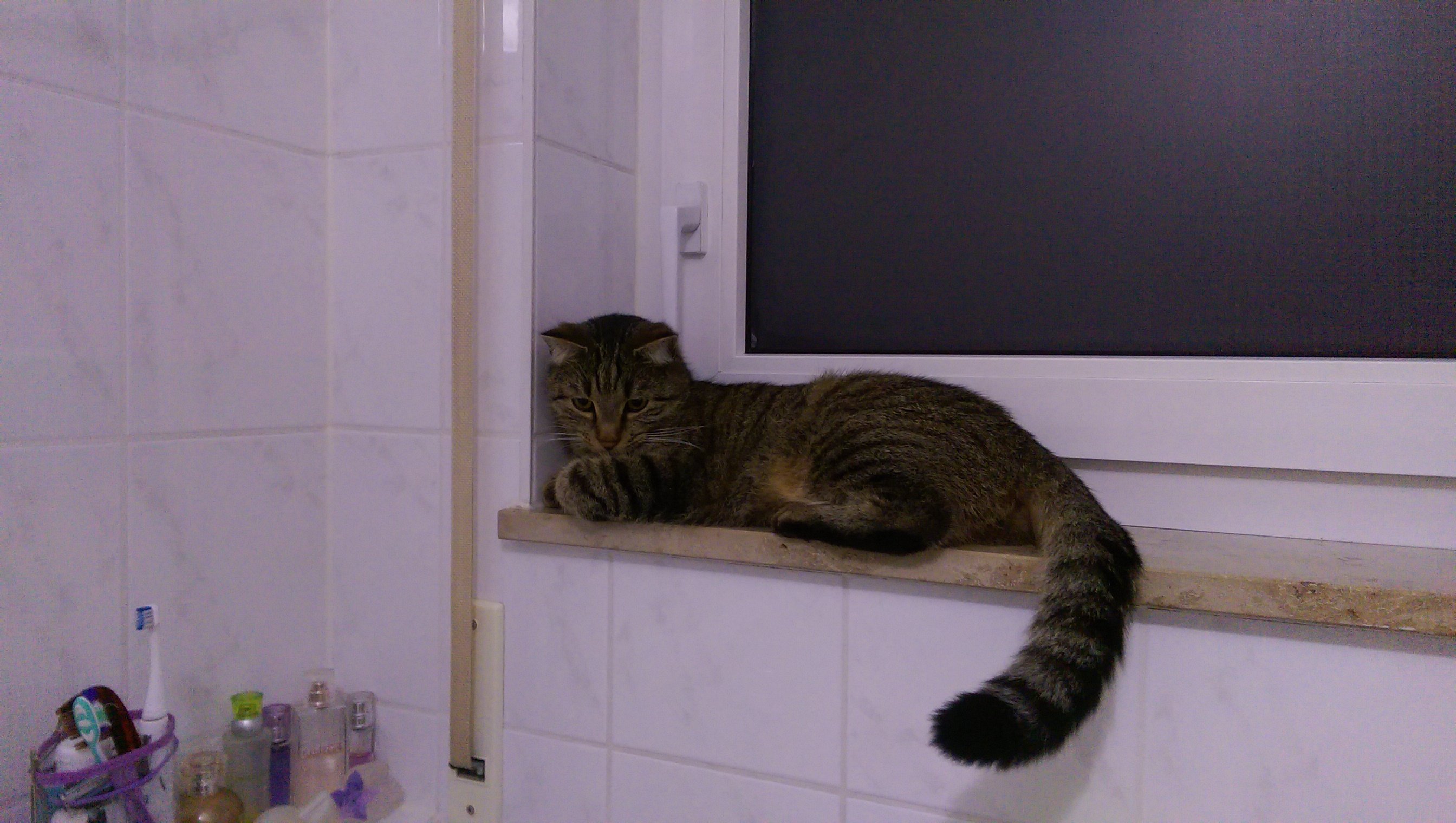-
Posts
5812 -
Joined
-
Last visited
Content Type
Forums
Store
Crowdfunding
Applications
Events
Raffles
Community Map
Everything posted by Werner
-

Building Armbian Distribution with Kernel 6.10 for Orange Pi 5 Pro
Werner replied to Sergey Dulimov's topic in Rockchip
Probably due to automatic file system expansion across the sdcard. That's a known issue that pops up every now and then for a few years now. I guess this wasn't mitigated enough yet or the cause not determined yet. -
Detailed/full uart logs would probably be helpful
-
moved
-

Armbian on Odroid N2+ 4 GB with eMMC does not boot from eMMC.
Werner replied to PavelH's topic in Odroid N2/N2+
https://debug.armbian.de -
Maybe. Just give it a try? Check sun8i family config or add an uboot tag override in the board config. examples for latter you can find in the orangepi5 series config files for example. I think though it doesn't make sense to touch. Chances are likely to introduce new issues while current version just works.
-
Opi0 and Opi0-3 have nothing in common besides the naming. It is not that easy.
-
Providing logs with armbianmonitor -u helps with troubleshooting and significantly raises chances that issue gets addressed.
-

Building Armbian Distribution with Kernel 6.10 for Orange Pi 5 Pro
Werner replied to Sergey Dulimov's topic in Rockchip
I added a suggestion at the PR how to implement the driver while building to allow network oob. -

Desktop not showing Armbian 25.5.1 Noble Gnome, Orange Pi 5
Werner replied to compent's topic in Orange Pi 5
try code { font-family: Consolas,"courier new"; color: crimson; background-color: rgba(0, 0, 0, 0.2); padding: 2px; font-size: 105%; } xrandr -

Building Armbian Distribution with Kernel 6.10 for Orange Pi 5 Pro
Werner replied to Sergey Dulimov's topic in Rockchip
There are unfortunately no detailed instructions how to add new boards or board families to the build framework yet. This is a very extensive topic. However there are a few existing pull requests that should give clues like https://github.com/armbian/build/pull/7902/files No, since it is community supported use Stating section for Rockchip devices in forums. I did a quick check on your work. - dts files which aren't upstreamed (yet) shall be added in full into the dt folder of the equivalent kernel patch directory (patch/kernel/archive/rockchip64-6.16/dt to say). You can use code { font-family: Consolas,"courier new"; color: crimson; background-color: rgba(0, 0, 0, 0.2); padding: 2px; font-size: 105%; } kernel-dtb build command to extract such a full tree. - this also avoids my 2nd concern which is modifying the existing orangepi-5.dtsi and disabling nodes which where later re-added with another patch. - if possible try to bump to latest mainline u-boot, so either v2025.04 or wait a bit longer for v2025.07 which is currently RC. -
Personalized support: https://calendly.com/armbian/consultation
-
No need to manually adjust partitions. At first boot Armbian will expand rootfs automatically using all available space on sdcard. USBimager is known to work well on Win32 as well as Linux. Rufus is neither tested nor supported method.
-

Armbian 25.5.1 Noble Gnome can not open remote dosktop
Werner replied to 唐志's topic in Software, Applications, Userspace
https://forum.armbian.com/terms -
Double-check what you are booting from and which image you use. The screenshot says kernel version 4.9.170 while the mentioned Armbian version is mainline with 6.12.y
-

oops when I restart - works fine if I shut down and cold boot.
Werner replied to jondowd's topic in Orange Pi 5
Here are a few generic tips to consider: - Going to something industrial grade is always good. mean-well would be entry-level here - Phone chargers are not good for powering SBCs. They're designed to handle constant load while SBCs draw is variable depending on load. - Usually SBCs prefer slight overvoltage. So it is usually not an issue to feed them with an PSU that outputs 5.1 or 5.2 volts since this compensates for losses across wires, connectors and the PCB anyway. I personally have a mean well HRP-200-5 which powers all my sbcs but would be way too much for a single one. Official chargers from Raspberry or Orangepi would do too since they already come with slight overvoltage by design. -

oops when I restart - works fine if I shut down and cold boot.
Werner replied to jondowd's topic in Orange Pi 5
Cannot reproduce. Same board, same kernel: https://paste.armbian.com/difezakigu Try swapping PSU to another (better) one and check connectors and wiring. Undervoltage can cause all sorts of hard-to-explain trouble. -

Android TV Stick (iK316-H16430)
Werner replied to Muhammad Hanis Irfan Mohd Zaid's topic in Allwinner CPU Boxes
moved -

oops when I restart - works fine if I shut down and cold boot.
Werner replied to jondowd's topic in Orange Pi 5
-
Maybe this helps? https://forum.armbian.com/topic/29427-shrink-backup-a-tool-for-backing-up-sbcs/
-

oops when I restart - works fine if I shut down and cold boot.
Werner replied to jondowd's topic in Orange Pi 5
Which you won't share since we all have second sights, right? Also code { font-family: Consolas,"courier new"; color: crimson; background-color: rgba(0, 0, 0, 0.2); padding: 2px; font-size: 105%; } armbianmonitor -u can be helpful. I have an Opi5 with nvme here and reboot works fine. -
nope, just checked.
-
fwiw I was able to build a set of Armbian kernel packages based on 6.16-rc1 and this patchset: https://lore.kernel.org/all/20250619173007.3367034-1-wens@kernel.org/ If it works, no clue, don't have the hw. Just played around. https://github.com/armbian/build/pull/8330

